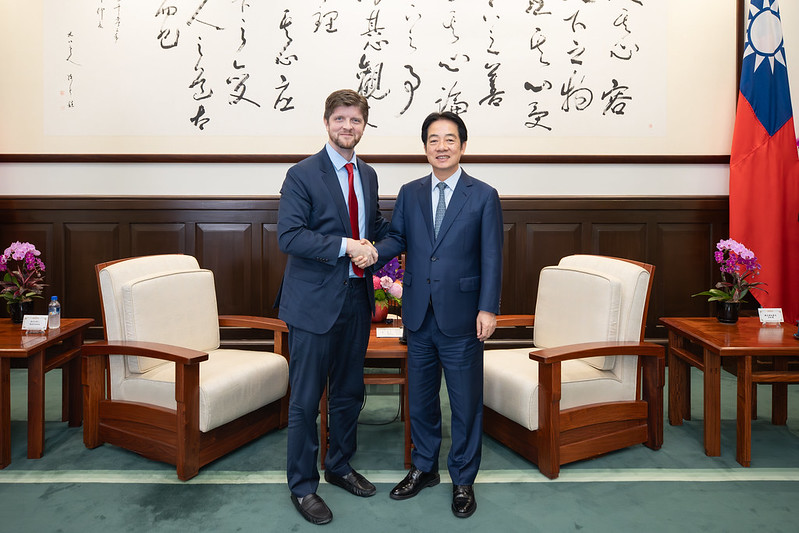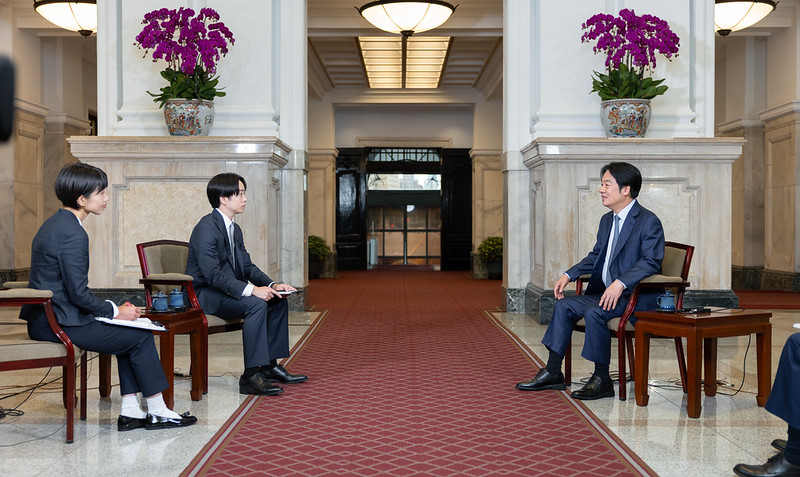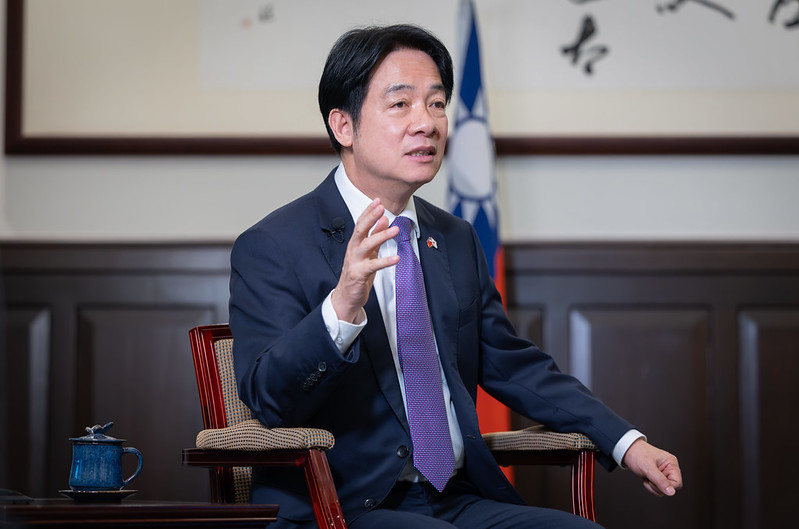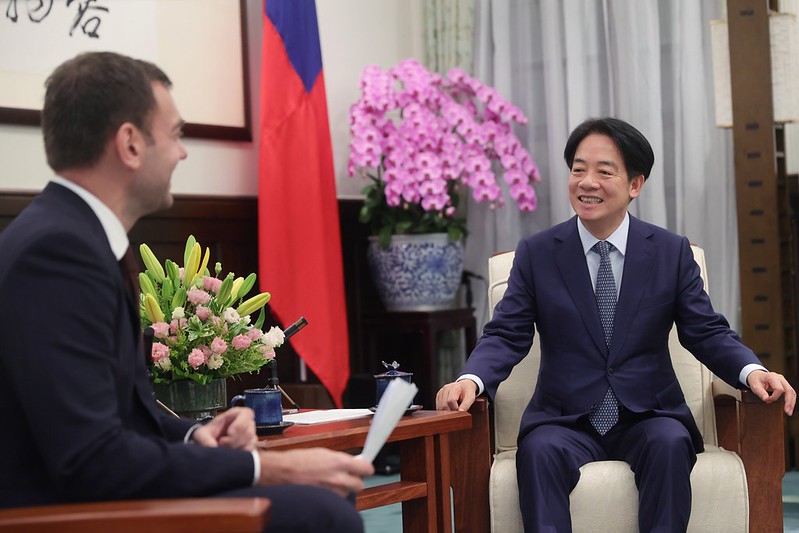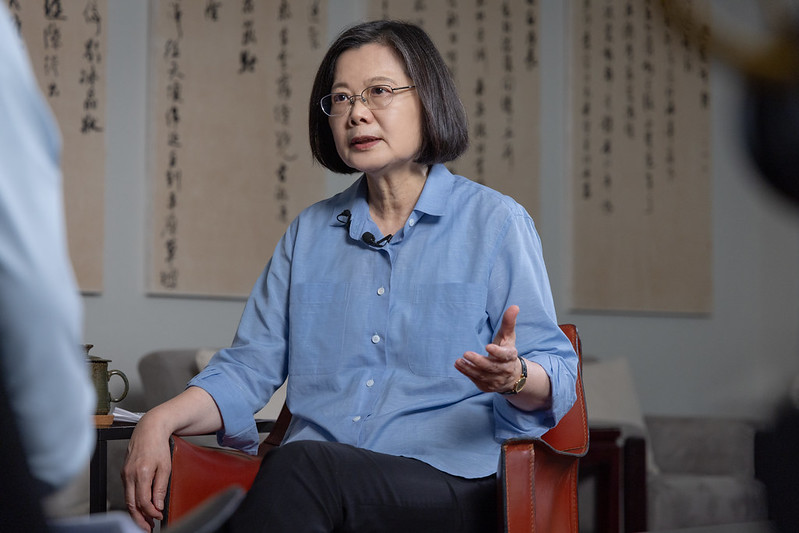News & activities
 News releases
News releases
At 7:30 a.m. on March 21 President Tsai Ing-wen called Premier Lai Ching-te (賴清德) and Taiwan's national security heads to a meeting at the Presidential Office Building. Top security officials briefed the president about political trends and their impact following mainland China's National People's Congress (NPC) and Chinese People's Political Consultative Conference (CPPCC), US-China economic and trade conflicts, and the latest developments in North and South Korea, followed by in-depth discussions. For some time now, President Tsai has been inviting the government's national security heads to weekly breakfast meetings to exchange views on important matters. But with changes happening so fast on the international scene, the president said she will now convene such meetings on a regularly scheduled basis, and when appropriate inform the public.
At today's meeting, the president received intelligence updates about the Chinese aircraft carrier that recently passed through the Taiwan Strait on its way to the South China Sea for naval exercises. The participants also discussed the political situation following the NPC and the CPPCC annual plenary sessions. Topics included mainland China's new personnel arrangements and the abolition of term limits for the national leader, and the possible future implications—domestic, cross-strait, regional, and international.
The president and participants also discussed recent changes in US-China relations; the Trump administration identifying China as a "rival power" in its national security strategy report last December; the gradual intensification of competition and friction between the US and China on a number of fronts—especially a possible trade war resulting from the Trump administration's targeted economic and trade policies designed to reduce the massive US trade deficit; and the potential medium and long-term implications for the global economic and trade order, as well as global markets.
President Tsai also received special briefings from top officials about the rapidly changing situation on the Korean Peninsula. Meeting participants also discussed at length the situations facing South Korea, Japan, mainland China, and other neighboring nations, possible response measures, and how the result of US-North Korea negotiations might impact the region.
The president stated that possible changes in cross-strait and regional conditions following the NPC and CPPCC meetings, and recent global economic and trade developments, present Taiwan with more, and more complex challenges. Not limited to the political and military spheres, these challenges will also impact regional relations and global economics and trade. We therefore need to have a clear and accurate understanding of the latest developments, and be ready to re-examine our overall national strategy at a moment's notice. The president also instructed the National Security Council to stay on top of current developments; monitor events closely, and gather and analyze the intelligence necessary to make sound decisions; enhance its contingency response mechanisms, and make recommendations to inform the president's strategic policy decisions.
President Tsai believed that "freedom and democracy are Taiwan's path to survival, while parity and reciprocity are the keys to the sound development of cross-strait relations." Mainland China's recent legal amendment abolishing presidential term limits sparked international concern, she said, and the subsequent global dialogue clearly shows how important democratic values are to the international community. She went on to say that for Taiwan, democracy is more than just a way of life. It's also the lifeblood of the nation's diversified development, and an advantage that ensures Taiwan's place on the global stage. Responding to recent reports that China continues to obstruct Taiwan's participation in the World Health Assembly (WHA), the president said that health is a universal human right that has no international borders, and that Taiwan has a right and an obligation to participate. Blocking Taiwan's participation in the WHA, she said, is hardly appropriate for a great power, and unacceptable to the people of Taiwan.
